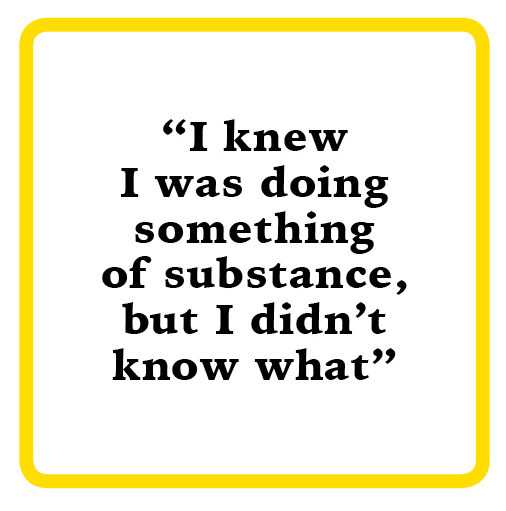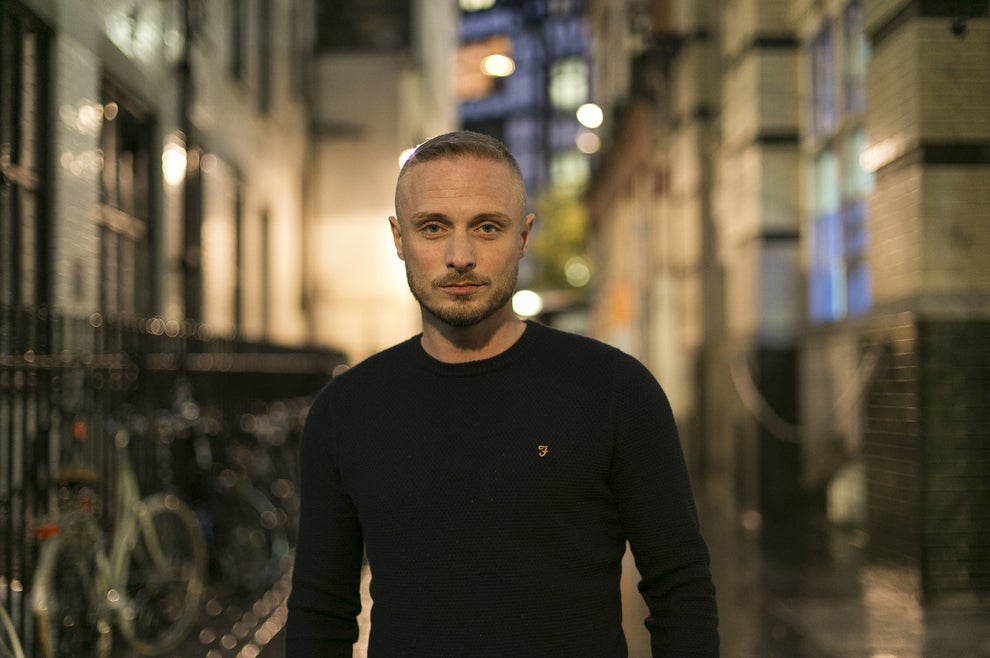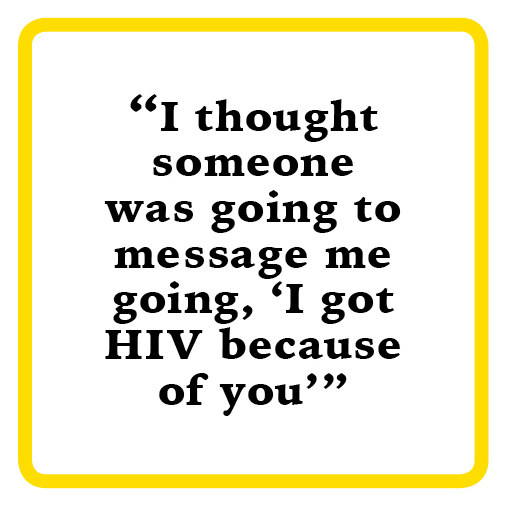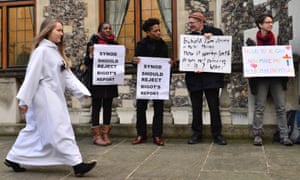http://www.msn.com/en-us/news/world/when-gangs-killed-gay-men-for-sport-in-australia/ar-AAmqanu
When Gangs Killed Gay Men for Sport in Australia
The New York Times
By MICHELLE INNIS
SYDNEY, Australia — On a December day in 1988, a teenager on a
spearfishing expedition found a body at the bottom of one of the wild,
honey-colored sandstone cliffs that line Sydney Harbor.
Naked, torn and battered by the rocks, the dead man was a promising
American mathematician, Scott Johnson. His clothes were found at the top
of the cliff in a neat pile with his digital watch, student ID and a
$10 bill, folded in a small plastic sheath. There was no wallet, and no
note.
The police concluded that Mr. Johnson, 27, had committed suicide, and a
coroner agreed. Fatal leaps from the cliffs around Sydney into the
fierce sea below were not uncommon, then or now.
But 28 years later, a new inquest into Mr. Johnson’s death has begun.
His brother, a wealthy Boston tech entrepreneur, has pressed the
Australian authorities for years to revisit the case, arguing that Mr.
Johnson was murdered because he was gay and that the police failed to
see it.
If so, it appears Mr. Johnson may not have been the only one.
Sign Up For the Morning Briefing Newsletter
During the 1980s and 1990s, the Australian authorities now say, gangs of
teenagers in Sydney hunted gay men for sport, sometimes forcing them
off the cliffs to their deaths. But the police, many of whom had a
reputation for hostility toward gay men, often carried out perfunctory
investigations that overlooked the possibility of homicide, former
officials and police officers say.
Now the police in New South Wales, the state that includes Sydney, are
reviewing the deaths of 88 men between 1976 and 2000 to determine
whether they should be classified as anti-gay hate crimes.
About 30 of the cases remain unsolved, and the police have not said how
many of the killings were tied to gangs. About a dozen victims were
found dead at the bottom of cliffs or in the sea, the police say.
The review and the inquest into Mr. Johnson’s death are casting light on
a shocking chapter of Sydney’s history, one that some say has yet to be
fully revealed.
“We can now see that predators were attacking gay men,” said Ted
Pickering, who was the police minister for New South Wales in the late
1980s. “And they were doing it with the almost-certain knowledge that
the police would not have gone after them. That was the police culture
of the day.”
No new arrests have been made in connection with the killings since the
review began in 2013, and the police declined to discuss the open
investigations. In many of the cases under review, the police said,
relevant evidence had not been collected at the time or has since been
lost.
“While the review is a difficult task because we can’t rewrite history,
we know it is important we do everything we can to ensure the best
outcomes in the future,” said Tony Crandell, an acting assistant
commissioner for the New South Wales Police Force.
But others have suggested that the review, which aims to determine which
cases may involve bias but not to solve them, is not a sufficient
response.
“It may be tempting for the police to concentrate on merely relabeling
crimes rather than doing fresh detective work to solve them,” said
Stephen Tomsen, a criminologist at Western Sydney University.
Sydney is a more tolerant city than it was decades ago, and critics say
that police attitudes have changed considerably. Uniformed officers now
march in Sydney’s annual Gay and Lesbian Mardi Gras Parade, which drew a
quarter-million spectators last year and was attended for the first
time by a prime minister, Malcolm Turnbull.
But if the laws were changing slowly in the 1980s — New South Wales
decriminalized sex between men only in 1984 — society, including the
police, was even slower to do so.
“The police culture in Australia up to the early 1990s was hostile to
gay men,” Michael Kirby, a retired High Court justice who served during
that period, wrote in an email. “They were basically considered
antisocial, low-level criminals and lowlife types who did disgusting
things and should not be surprised that they got injured and even
killed.”
Justice Kirby, who is gay, added, “I do not believe that this extended
to a general conspiracy to back off professional investigations of
murder.” Rather, he said, there was “an attitude of complacency and
indifference. Certainly not the usual motivation of energy to track down
the murderers.”
Researchers who have studied the matter say the gangs were loose
alliances of young men, teenage boys and sometimes girls who looked for
victims to harass and assault at Sydney’s so-called gay beats — places
where gay men were known to meet, including secluded spots on the
cliffs. The gang members called it “poofter bashing.”
“There was a series of gangs,” said Stephen Page, a former New South
Wales detective who reopened some of the cases years later. “They
wouldn’t just hit one beat, they’d be aware of all of them.”
Few victims would have gone to the police, Professor Tomsen said. Most
gay men were closeted, and many would have feared being assaulted by the
police themselves. After the city’s first gay Mardi Gras parade was
broken up by the police in 1978, some marchers were beaten in their jail
cells.
“Any gay who was attacked would be seen as a foolish risk-taker if they reported that attack to police,” Professor Tomsen said.
Still, there were some arrests and prosecutions. In 1990, a Thai man was
attacked with a hammer at the top of a cliff and fell off the edge.
Three teenagers were arrested and convicted of murder.
According to a report by Sue Thompson, a former state-appointed liaison
between the New South Wales police and gays, one of the assailants told
the police: “The easiest thing with a cliff is just herding them over
the edge.”
The idea that the killing was part of a pattern was not seriously
pursued until years later. In 2000, Mr. Page, spurred by letters from a
grieving mother, reopened the case of Ross Warren, a 25-year-old
television news anchor who disappeared in 1989.
Mr. Warren’s body was never found, though his car keys were discovered
in a rock ledge. The police concluded that he had accidentally fallen
into the harbor. But Mr. Page found the original investigation had been
cursory at best.
“There was no crime scene, no evidence, and no witnesses to Ross Warren’s disappearance,” he said.
Mr. Page began looking into similar cases. In 2005, an inquest concluded
that Mr. Warren had been murdered, another man had been pushed or
thrown from a cliff, and there was a strong possibility that a third man
had been, too.
“This was a grossly inadequate and shameful investigation,” Magistrate
Jacqueline Milledge, a deputy state coroner, said of the police handling
of Mr. Warren’s death.
In all three cases, she said, the police had failed to account for the
possibility of homicide, even though men attacked in the same area who
did go to the police had “told of hearing their assailants threatening
to throw them off the cliff face.” The three killings remain unsolved.
When Steve Johnson learned that such cases were being revisited in
Sydney, he felt he finally had an possible explanation for his younger
brother’s death. Mr. Johnson had looked out for Scott since childhood,
when their parents divorced, and he considered suicide impossible.
“This was my brother, the person I was closest to, my soul mate,” Mr.
Johnson, 57, said in December, outside the Sydney courtroom where the
inquest began.
Scott Johnson had moved to Australia to be with his partner and was
pursuing his doctorate at Australian National University in Canberra. He
was a “virtuoso” mathematician, a “brilliant but remarkably gentle and
unassuming presence,” according to Richard Zeckhauser, a Harvard
economist who once wrote a paper with him.
Scott Johnson had applied for permanent residency, and his professional prospects were good.
“He would have been a first-round draft pick for any university in any
part of the world,” his brother said. “He had no reason to be stressed
or unhappy.”
The day he disappeared, Scott Johnson told his Ph.D. supervisor, Ross
Street of Macquarie University in Sydney, that he’d had a breakthrough
on a vexing problem that was crucial to his dissertation.
“It sounded like he had the whole thing in his head,” Professor Street
said at the December inquest. “He was happy about it. I was happy about
it.”
Today, evidence of what happened to Mr. Johnson, as in many of these
cases, is scant. He was found below a gay hangout, but the local police
officer who responded to the call testified that he had not known that
at the time.
The police found no signs of a struggle at the cliff top, but there had
been a storm that could have washed such evidence away. The site was
never secured as a crime scene.
In the years after Mr. Johnson’s death, his brother became wealthy in
the 1990s tech boom, selling a company that developed compression
technology for delivering sound and video over the internet to America
Online.
After reading about the 2005 inquest on the Sydney cliff deaths, Steve
Johnson began devoting some of his resources to finding out what had
happened to his brother. He hired an investigative journalist, Daniel
Glick, to go to Australia to dig up court records and other documents.
And he assembled an array of high-powered lawyers — his legal team
includes a former Massachusetts attorney general, Martha Coakley, who
said her firm took the case pro bono — to argue for reopening the case.
In 2012, a new inquest overturned the original finding of suicide. But
the coroner reached no conclusion about how Mr. Johnson had died, saying
that while anti-gay violence was a possibility, so was an accidental
fall.
When the current inquest resumes in June, it will hear new evidence, the coroner’s office has said.
Whatever the result, Steve Johnson and others hope it will spur further investigations of these cases.
“There was clearly a pattern to these deaths,” said Margaret Sheil,
whose brother Peter was found dead at the base of a cliff in 1983.
“Today, it is extraordinary to think that we would not have had an open
discussion about what happened. And if we had, it might have prevented
it happening to someone else.”









